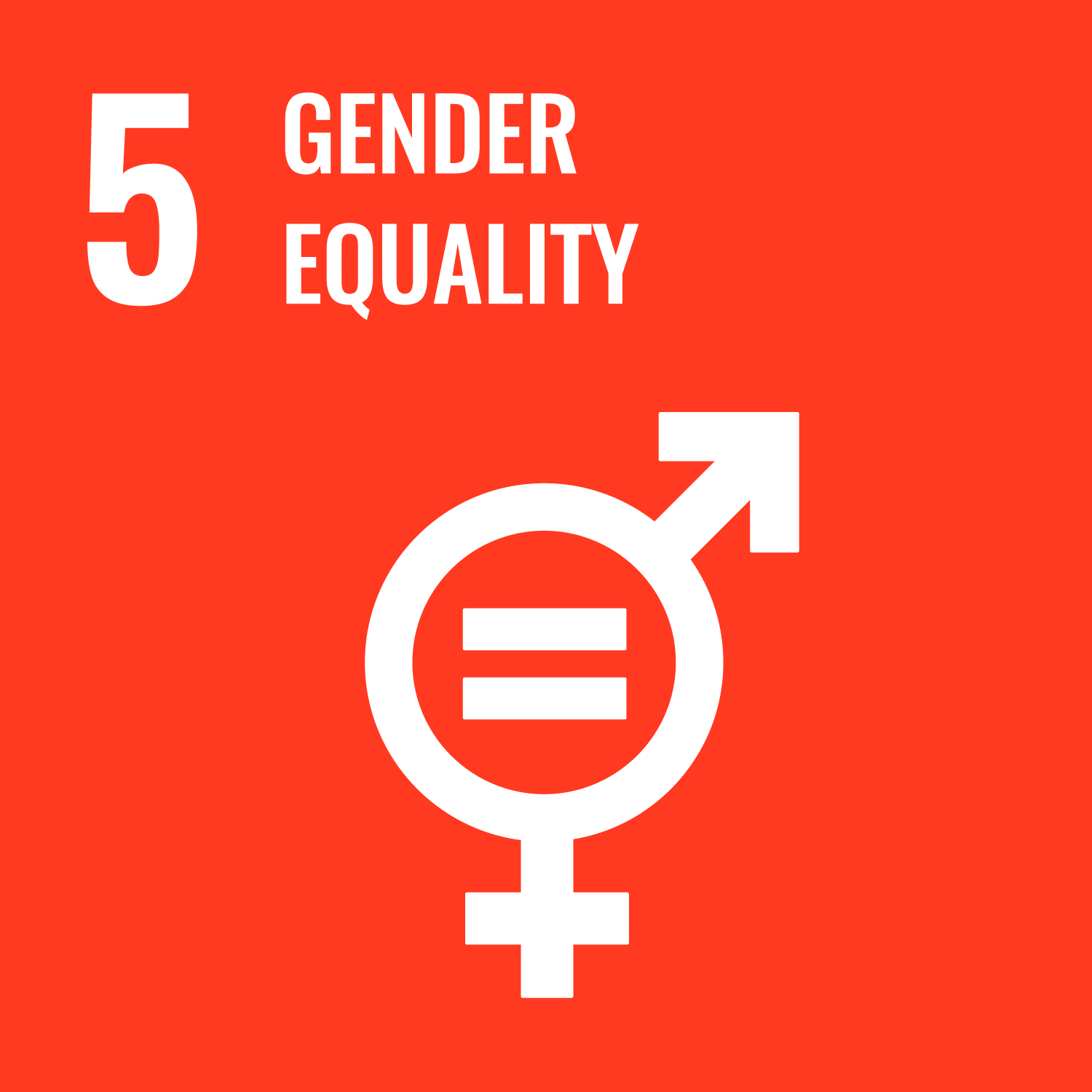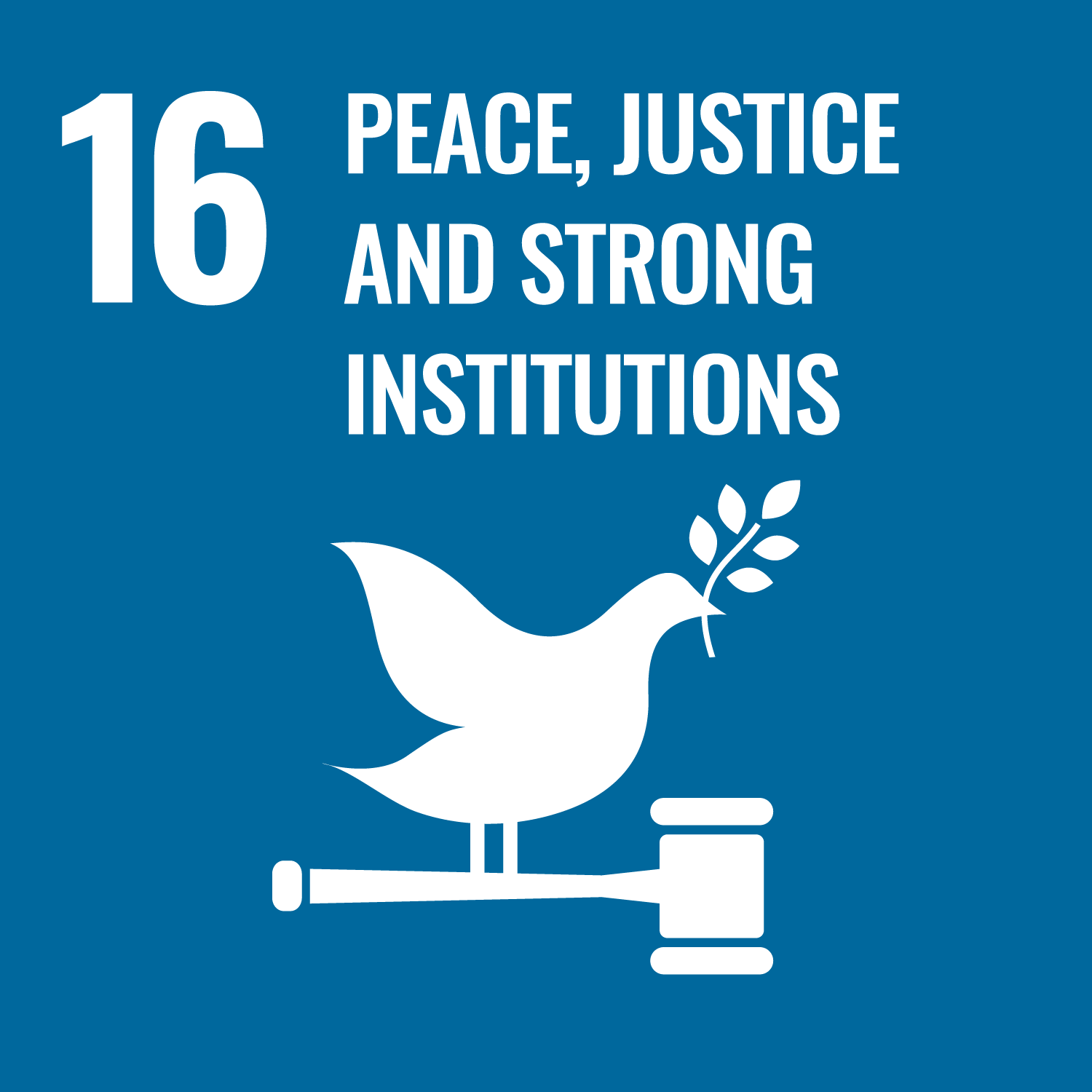ORCID
- Sian Lewis: 0000-0001-8062-5235
Abstract
In the Covid-19 global crisis, gender-based violence (GBV) has been reshaped and reconfigured, with increases in some places and decreases in others. During our exploration of the changes in GBV through trans/feminist collaborative reflexive storying, we noticed the fragmentary nature of our storied recollections, which both represented and heightened the emotions in the work. With an intention of distilling the words even further, we challenged ourselves, as transdisciplinary researchers, to create a collaborative renga poem, which we titled, “Silent Footsteps.” An ancient Japanese form, the renga is a series of short, linked verses. This article demonstrates that renga offers an accessible, collaborative poetic research method, not only for research teams but also for non-academic groups to connect with each other. It has the ability to convey deep emotion, with an authentic personal voice, while being confined to structure and rules. Along with creating two stanzas each turn in a round of emails, we all wrote a reflection to engage with the process that identifies this method of writing research as holistic and creative, able to further connect the authors, reflect on the new knowledge and meaning that this work has motivated. Based on these reflections, which are woven throughout and on the renga poem, which is presented in full at the end, we argue that (a) renga is a timely poetic form, (b) it enhances transdisciplinary collaboration, and (c) that it offers both resistance and catharsis.
DOI Link
Publication Date
2022-06-06
Publication Title
Cultural Studies ↔ Critical Methodologies
ISSN
1532-7086
Acceptance Date
2022-04-11
Deposit Date
2022-06-28
Embargo Period
2022-07-19
Recommended Citation
Parks, M., Holt, A., Lewis, S., Moriarty, J., & Murray, L. (2022) 'Silent Footsteps: Renga Poetry as a Collaborative, Creative Research Method Reflecting on the Immobilities of Gender-Based Violence in the Covid-19 Pandemic', Cultural Studies ↔ Critical Methodologies, . Available at: 10.1177/15327086221098993




